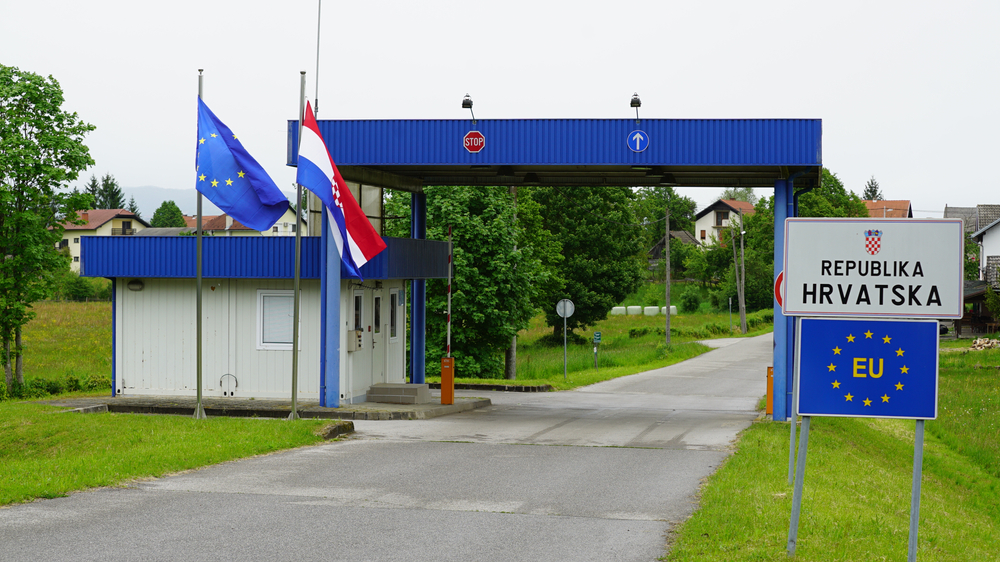In the month that Croatia officially joined the European Union’s Schengen free movement zone, the country experienced a dramatic rise in the number of asylum applications it received.
A total of 1,390 people requested asylum in Croatia in January, a figure up 600 percent on the 198 applications made during the same month last year, according to assistant director general of the Croatian police, Zoran Ničeno.
Croatia joined the border-free European Union zone known as the Schengen Area on Jan. 1, 2023. The move saw the abolition of border controls between Croatia and neighboring Slovenia, and presented an opportunity for those wishing to claim asylum in Europe. Once smuggled into Croatia, asylum seekers no longer needed to illegally enter Slovenia before registering for asylum, they can now simply register in Croatia and effectively have license to roam freely.
[pp id=62487]
The impact of Schengen membership on Croatia was discussed during a recent meeting of the “Compensation Measures” round table, which comprises the bodies responsible for tackling illegal migration and granting international protection for newcomers.
Many of the resources previously used to man the border with Slovenia have been redeployed to what has now become the new European Union external border at Croatia’s border with Serbia and Bosnia and Herzegovina. Five police stations at the internal border have now been abolished, and 742 of the 1,034 police officers previously manning the border with Slovenia have been reassigned to new duties, including the suppressing of illegal migration at the new external border.
While asylum applications in Croatia rose considerably, the number of illegal immigrants detected at the external border fell by 60 percent compared to December last year. A total of 34 people were also detained on smuggling charges at the external border, an increase compared to January last year.
[pp id=8114]
The country still has issues with how to ensure the removal of rejected asylum seekers and is seeking to adopt the EU’s Asylum and Migration Pact as quickly as possible to allow for the acceleration of returning migrants.
“In the counties of Primorje-Gorski Kotar and Istria, i.e., on the way deeper into the European Union, 2,064 people were discovered [in January] who had previously requested international protection or asylum in Croatia or received a decision to return to their country of origin,” reported the head of border administration for Croatia’s interior ministry, Zoran Niceno.
Quicker deportations would free up further resources to assist genuine refugees arriving in Europe; they would also deter the arrival of more economic migrants illegally entering the country via the Balkan migratory route, Niceno added.







